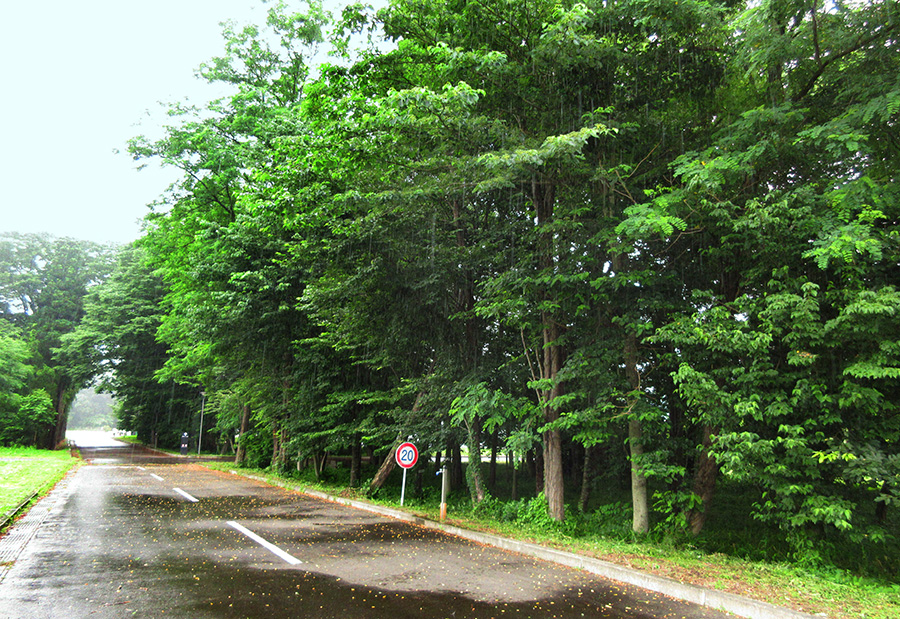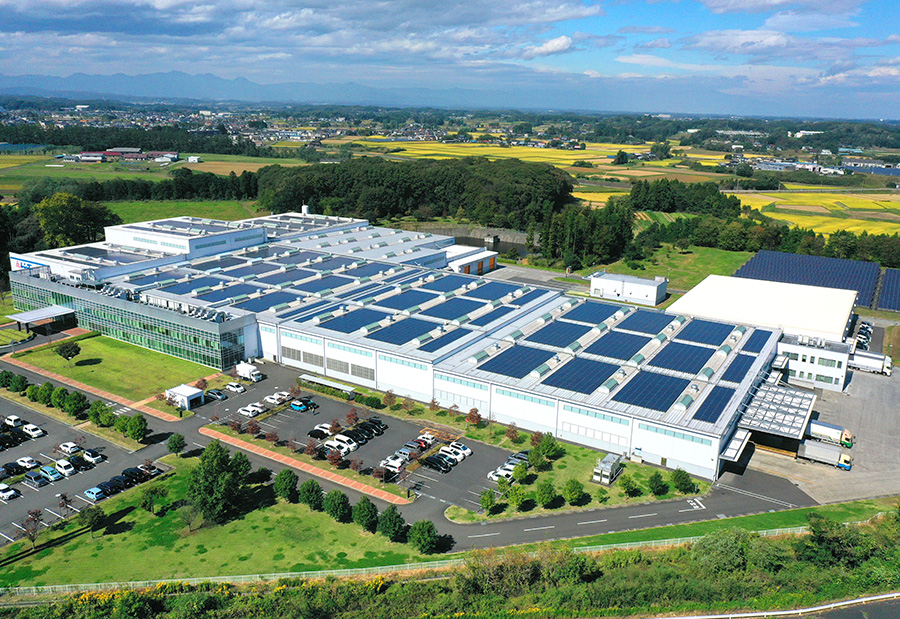Rengo announces that its biotope at the Fukushima Yabuki plant was certified as a "Nature symbiosis site" for the second half of FY 2023 for the first time in Fukushima, Japan.
‘Nature symbiosis sites’ refers to areas where biodiversity conservation is being promoted through private sector initiatives, and the Ministry of the Environment launched a certification system in FY 2023. Areas certified as ‘Nature symbiosis sites’ are registered in the international database as "OECMs*," excluding overlaps with protected areas such as national parks.
The expansion of nature symbiosis sites is one of the initiatives to achieve the "30by30" global target, which aims to effectively conserve at least 30% of the country's land and sea as healthy ecosystems by 2030. Rengo also participates in the "30by30 Alliance for Biodiversity."
The Fukushima Yabuki plant, which has approximately 9,000 solar panels installed, began operation as an environmentally friendly corrugated plant in 2010. On the site, a thicket that has existed since before the plant was built is being preserved as the "The Hyakunen Grove" (The Hundred Year Grove). In addition, a "biotope" has been established to maintain the biodiversity of the area, and efforts have been made to develop and manage the greenbelt environment.
Bild: The Hyakunen Grove / Rengo
Rengo will continue to proactively engage in harmonization with the local natural environment to achieve Nature Positive.
